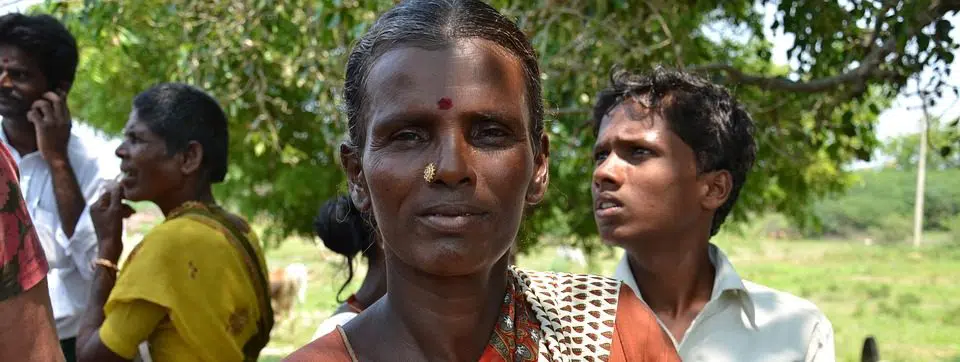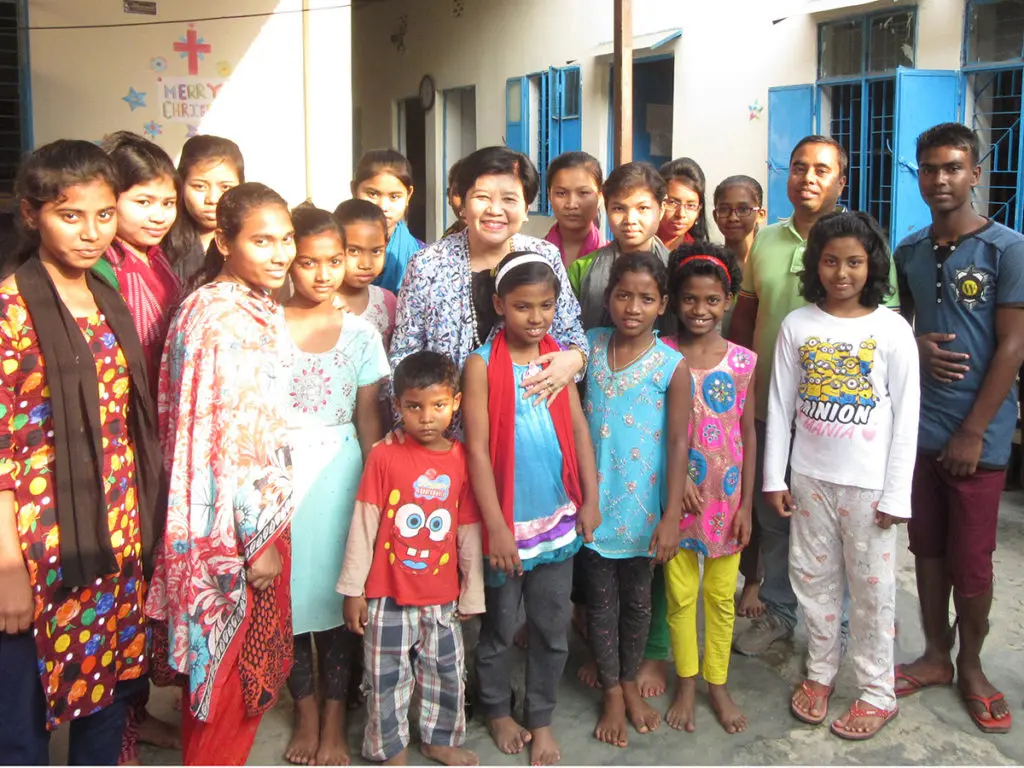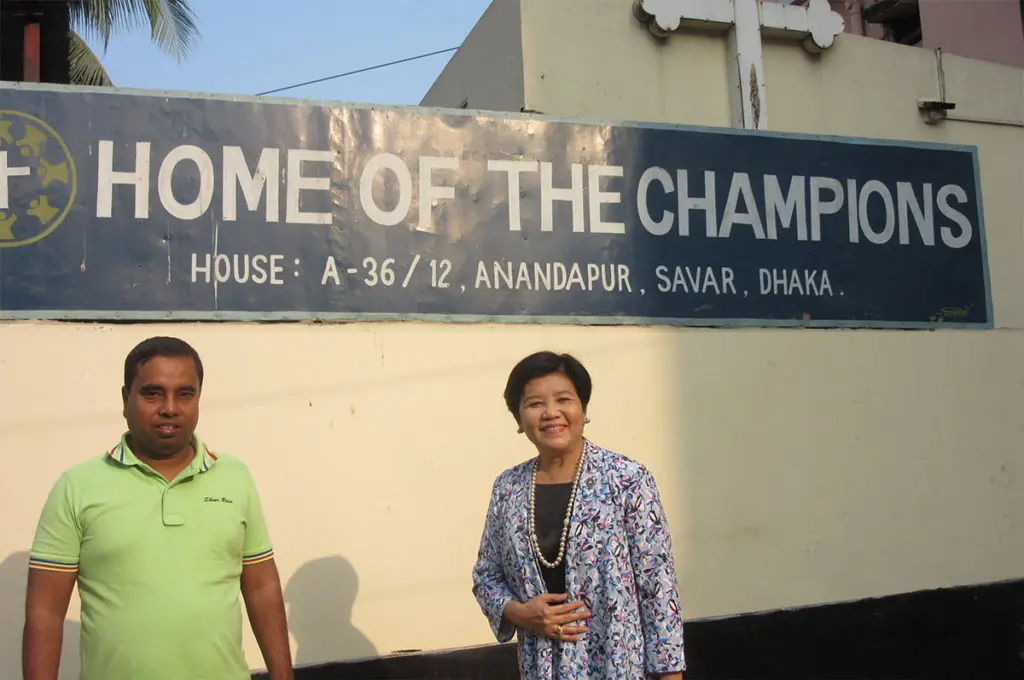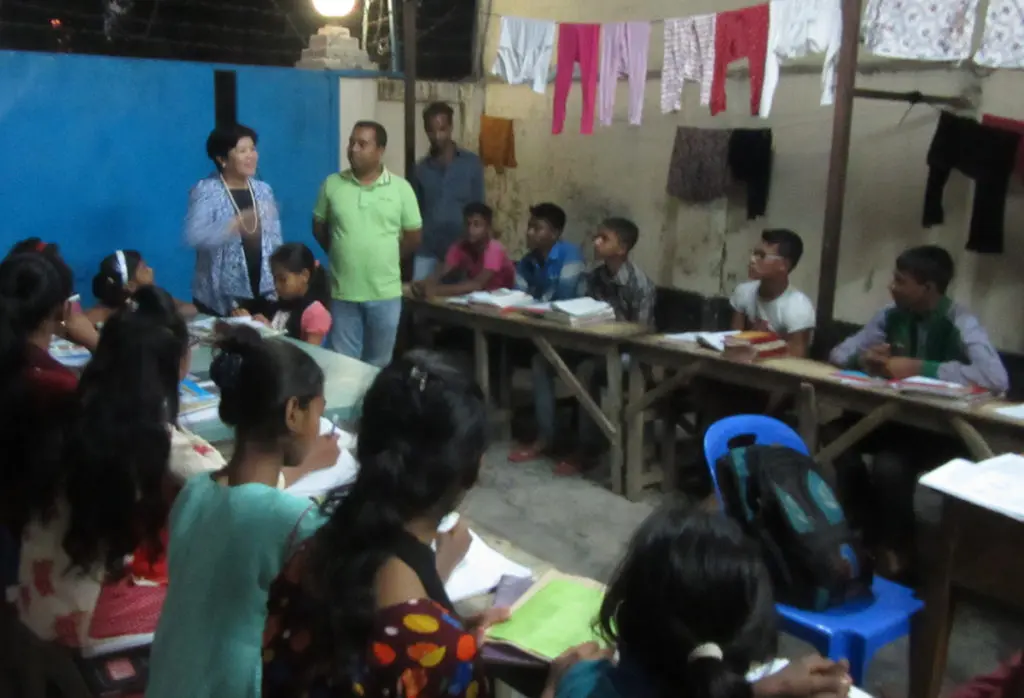A Better Solution to Third-World Poverty


For many countries across the world, poverty and the ills associated with poverty remain the primary social concern. The streets are chaotic, both in terms of traffic and in the busyness of families trying to make a living. Often, children are abandoned by their families, left to fend for themselves and left vulnerable to any number of threats, from trafficking to starvation and violence.
Clearly, these countries need help from those who have more than enough. This help cannot only, however, be financial. Money, even if given for good reasons, if poorly spent, can often exacerbate problems rather than helping those it is intended to help.
These nations and their people need to hear the Gospel. They need support and moral formation so that they may use their freedom well, and learn to help themselves and each other.
We see this not only in the developing world, but here in the developed world as well. Some who live in poverty are given a great deal of social assistance, and no longer feel as though they need to work because everything is being given to them.
Domestically this is referred to as a “welfare mentality”, but the same dynamic can be seen in what is sometimes called an “NGO mentality.” This basically means that non-governmental organizations from wealthier countries come in with various means of support, from free rice and electronics to free shoes. Many are now becoming aware of this dynamic and are looking for new ways to give agency, rather than free “help”, to those in poor countries. This is why for many in the development field, emphasis is shifting toward ways to encourage governments to see their own people as partners rather than objects for charity, and to see the government’s job as securing rights (such as property rights) and dignity for their people by building more solid and honest structures and services rather than being a funnel for “aid”, where “development” comes from outside the country.
Another problem often occurs with the strings attached to the “aid” offered to poor countries. This aid is often used as a way to pressure those mired in poverty to see their children as the enemy to progress, as they are often portrayed here in the “developed” world. Hence, the push for contraception and abortion even before these countries have adequate hospitals, schools and infrastructure.
This is why the pro-life mission is needed in third-world countries more than ever. Men and women who, like you and me, are made in God’s image and were made to share in His creative work in this world, often don’t know that they are being fed lies about how to escape poverty by eliminating children. While it is true that those in extreme poverty may well have what the Catholic church and others recognize are serious reasons for postponing pregnancy, it is radically unjust to simply dump contraceptives in these communities while ignoring the real sources of poverty and injustice. And since we know that the acceptance of contraception leads to demand for abortion, we all have great reason to fight this corruption of the “aid” and “development” industry, and help point these countries toward authentic, integral human development.
There are some who see this need in their own nations, and who refuse to accept the pro-death agenda. Recently, one of our missionaries, Doctor Ligaya Acosta, met with Pastor Alfred Biplob Biswas, founder of an orphanage in Dhaka, Bangladesh called “Home of the Champions.” Currently, the home houses 28 teenagers and adolescents, many of whom either don’t have parents, or their parents can’t afford to take care of them because of their dire poverty. These children will stay in the home until they are able to finish their schooling and can take care of themselves. He also plans on founding a home for unwed mothers, and Ligaya was able to provide guidance and some connections that we pray will aid him in his work.
This is only one small effort, but it is one of many, and it is a start. While extreme poverty continues to be a difficult issue to overcome, one in which all the faithful must be engaged, we must keep our priorities straight. We must remember that every human person deserves freedom, and requires moral formation in order to use this freedom well and help her society flourish. This is why we, as pro-life men and women, must do our best to keep a “both-and” mentality. We must seek to help people in poverty both with their material needs and with their spiritual needs. Every one of us is made to be with Our Loving Creator in Heaven when our lives are complete, and we must keep this end in mind. While there can never be any kind of “religious test” for genuine help that we give, we must look for opportunities to help our neighbors to know Christ and His law, precisely so that they can live well and take care of others in ways that “outsiders” cannot.



